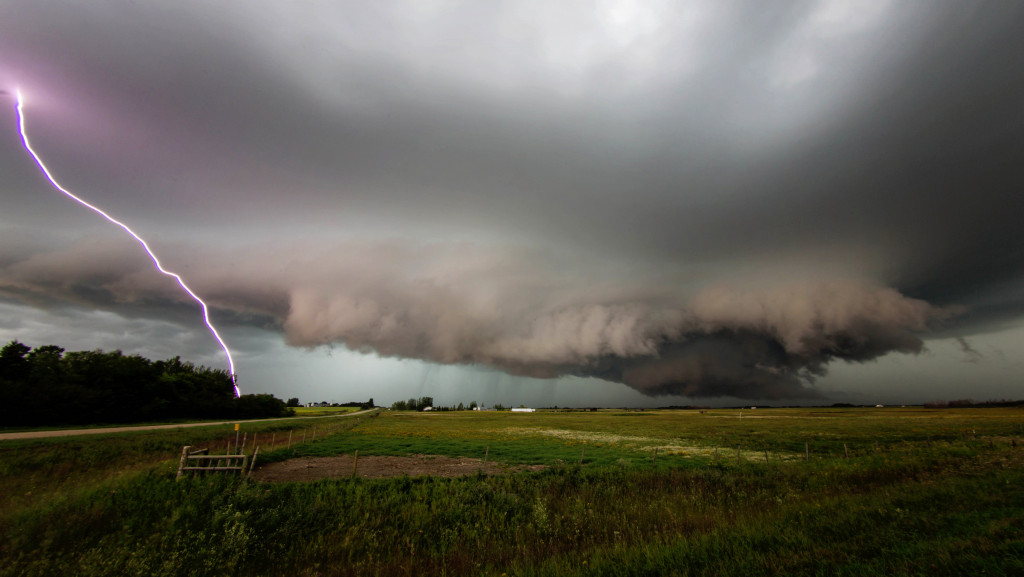Recent natural catastrophes and terrorist acts have plainly shown that Americans’ homes and livelihoods could be destroyed in a matter of hours. Many victims of natural disasters, such as Hurricane Katrina, suffer financially after being relocated. Even if you are not a victim of a catastrophe, you may suffer financial consequences due to one. This was the case for Americans who lived far away from the Katrina catastrophe and were affected by increased energy costs and other forms of inflation. While there is nothing you can do to prevent a disaster from occurring, there are measures you can take to safeguard yourself and your family from financial devastation should one occur. Here are some methods for preparing financially for possible disasters:
Protect Important Documents
You should keep important papers in an “evacuation box.” Gather and duplicate all of your important financial and personal documents, such as visas and birth records, marriage certificates, wills, property titles, insurance plans, loan records, vehicle registrations, and equities and bonds certificates. Get both sides of your credit cards, debit cards, and driver’s license photocopied. After that, compile a list of all your accounts and line of credit information, as well as your personal financial statement. Pack an envelope with plenty of money or traveler’s cheques to last your household three days.
All important papers should be kept in a banking safe deposit box situated a reasonable distance from your house, an impermeable, watertight, and fireproof safe, or a receptacle that can be readily transported with you in case of a severe evacuation. Notify family members or trustworthy acquaintances of the box’s whereabouts if you cannot collect it yourself.
Make Sure You Have Cash
Ensure you have money on hand. Avoid locking up all of your funds in real estate or securities that cannot be accessed without incurring severe penalties. Keeping three to six months’ worth of money in a savings or stock trading account should be one of your primary financial planning goals. You may also wish to have multiple credit cards with large available amounts on hand or set up a line of credit in preparation that can be accessed in an emergency. Whether you have a 401(k) plan via your company, check out if you can take out a loan against your assets. Contribute to a Roth IRA, which can have more minor fines for early withdrawal than most of the other tax-deferred retirement funds if certain conditions are fulfilled.

Get Insurance
Purchase the appropriate insurance and check your plans regularly. Many individuals who have lost their houses due to natural catastrophes discover that their insurance does not cover the expense of rebuilding. If you have home insurance, be sure your coverage represents the actual replacement cost of your house and its contents. This is particularly essential if the value of your home has increased substantially or if you have made modifications to the property. Remember that your insurance might not cover damage caused by specific disasters such as floods, in which case you need reliable flood insurance. If the insurance you need is not accessible via private firms because you reside in a disaster-prone region, see if public or government insurance pools offer coverage.
Reinforce Your House
Keep an eye on your property. Evaluate what you can do to minimize possible damage from occurring if you reside in a region prone to natural catastrophes. Regardless of the type of disaster, you may also want to take precautions such as grounding the foundation and ceiling, placing storm shutters on windows and glass doors, placing fire-resistant paneling, securing objects that might drop in the case of an earthquake, relocating electrical boards and heating systems to higher levels, placing smoke alarms, and trimming hedges all around the residence. If you are unsure about which upgrades will be most beneficial, consult with a structural engineer to suggest architectural or other kinds of adjustments. You might be ready to bargain a decrease in your homeowner’s insurance rates if you take precautions to safeguard your property.
When planning for the financial consequences of a natural catastrophe, you must evaluate how the event may affect your work and income. Your circumstances will ultimately decide what precautions you should take to safeguard yourself and your family from a potential catastrophe. It would be best if you also spoke with an attorney to see whether your family might benefit from extra-legal safeguards such as trusts, powers of attorney, or living wills. Remember that catastrophes occur with little or no notice; the time to prepare is now.

